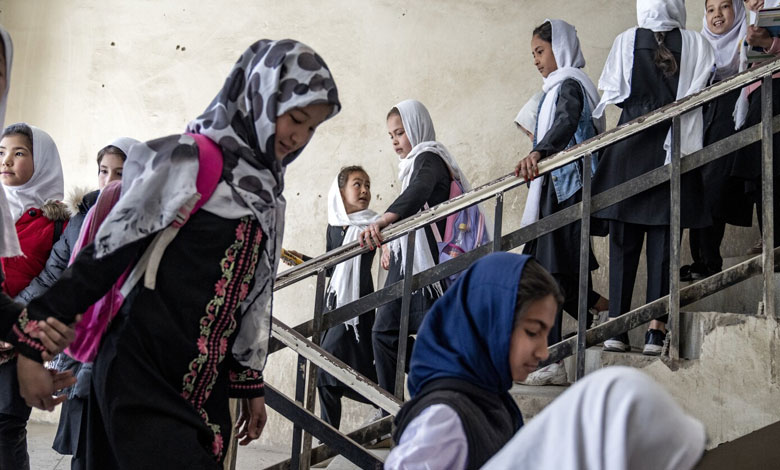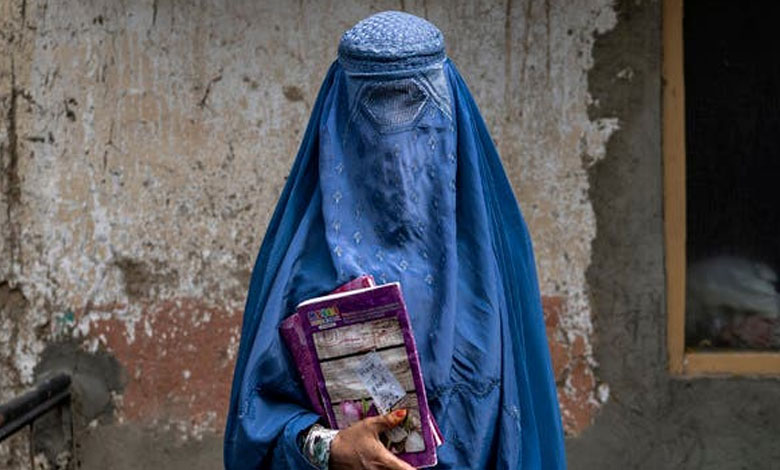Taliban Deputy Urges Leader to Lift Education Bans on Afghan Women and Girls
In a rare public challenge to the Taliban’s policies, Sher Abbas Stanikzai, the political deputy at Afghanistan’s Foreign Ministry, has called for the lifting of education bans on Afghan women and girls.

In a rare public challenge to the Taliban’s policies, Sher Abbas Stanikzai, the political deputy at Afghanistan’s Foreign Ministry, has called for the lifting of education bans on Afghan women and girls. Speaking at a religious school ceremony in Khost province on Saturday, Stanikzai stated that there is no justification for denying education to women and girls, emphasizing that such restrictions are not rooted in Islamic law but are a personal or political choice.
Table of Contents
Call for Change in Taliban Policy
Stanikzai, a key figure in the Taliban government and former head of their negotiation team during the U.S. withdrawal from Afghanistan, urged the Taliban leadership to reconsider its stance. In a video posted on the social media platform X, he expressed concern that the education bans were depriving 20 million Afghan women and girls of their rights.
“We are committing an injustice against 20 million people out of a population of 40 million,” said Stanikzai. “This is not in Islamic law but our personal choice or nature.” The deputy’s comments come amid continuing restrictions on female education, which currently prohibit girls from attending school after the sixth grade. Reports from last year indicated that medical training and other educational opportunities for women were also being curtailed.
Taliban’s Restrictions on Female Education and Employment
Since the Taliban regained control of Afghanistan in August 2021, the government has enforced strict policies that limit the rights of women and girls, including bans on attending secondary school and university. Women are also prohibited from working in many sectors, and those who wish to leave their homes must be accompanied by a male guardian.
The Taliban’s treatment of women and girls has drawn widespread condemnation, particularly from human rights organizations and international bodies. The United Nations has made it clear that international recognition of the Taliban government remains unlikely as long as these bans persist.
International Reactions and Calls for Change
Stanikzai’s comments are not the first time he has spoken out on behalf of women’s rights to education. In September 2022, he called for girls to be allowed to return to school, but this recent statement marks the first time he has publicly appealed to Taliban leader Hibatullah Akhundzada for a policy change.
The remarks come amid growing international pressure on the Taliban regarding their treatment of women. Earlier this month, Nobel Peace Prize laureate Malala Yousafzai addressed Muslim leaders, urging them to challenge the Taliban’s stance on female education during a conference hosted by the Organisation of Islamic Cooperation in Islamabad.

The Future of Afghanistan’s Women and Girls
Despite the Taliban’s refusal to lift the education bans, other countries, including Russia and India, have started to engage with the regime diplomatically. However, the issue of women’s rights remains a key point of contention.
Also Read: Deadline Passes Without Gaza Ceasefire as Israel Demands Hostage List
As Afghanistan continues to face an uncertain future under the Taliban’s rule, Stanikzai’s appeal highlights an internal divide within the leadership regarding the treatment of women and girls. His call for reform may serve as a crucial moment for both the Taliban and the international community in addressing one of the most pressing human rights issues in Afghanistan today.
